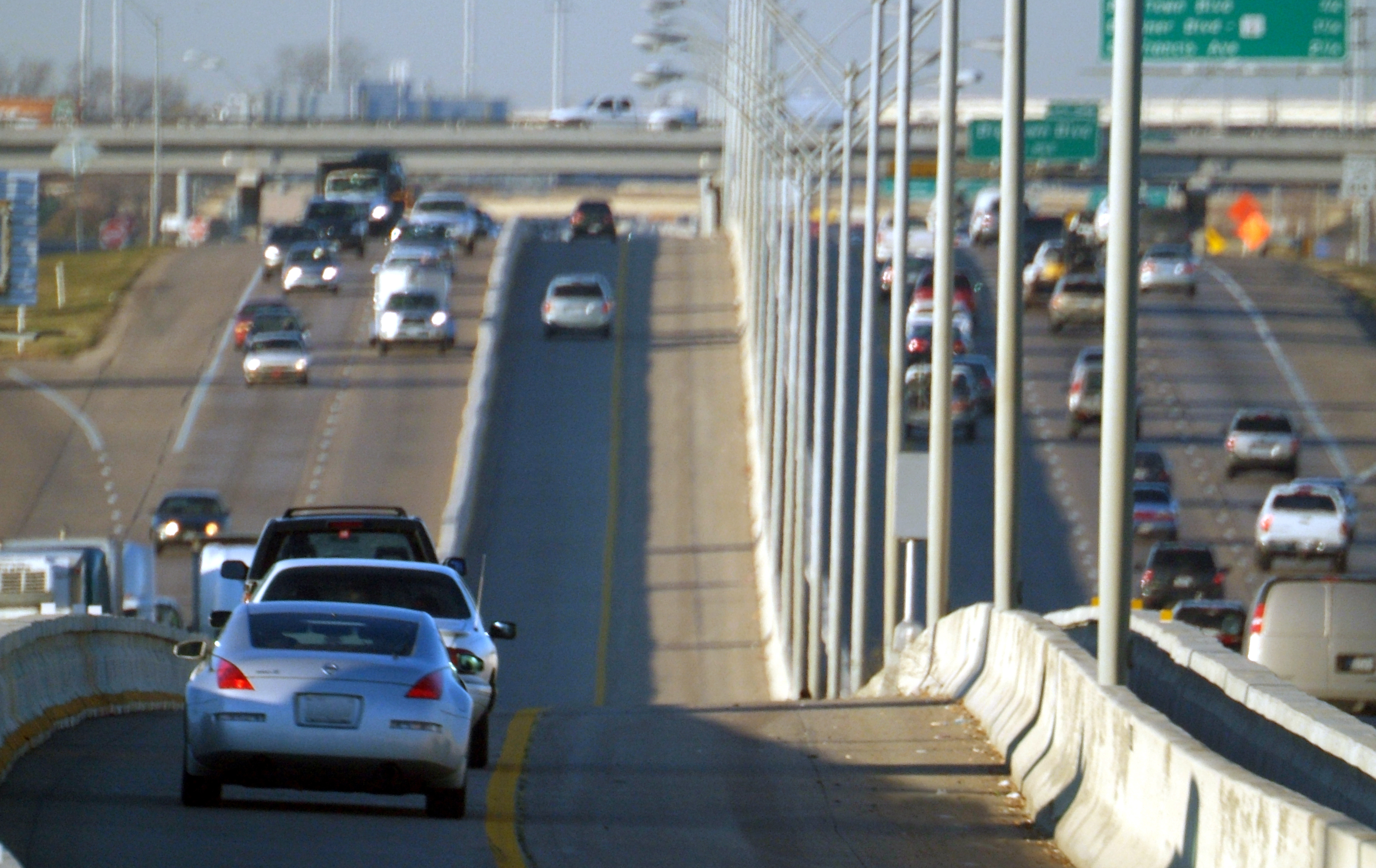 Continuing growth across Texas has contributed to growing transportation demand and related congestion. Current strategies to manage demand (also known as transportation demand management [TDM]) focus on commuters who travel during the morning and evening peak congestion period and use strategies and incentives to encourage workers to change how they get to work. Changes in society, technology, and work requirements over the past 30 years have resulted in a much different worker demographic and commute pattern.
Continuing growth across Texas has contributed to growing transportation demand and related congestion. Current strategies to manage demand (also known as transportation demand management [TDM]) focus on commuters who travel during the morning and evening peak congestion period and use strategies and incentives to encourage workers to change how they get to work. Changes in society, technology, and work requirements over the past 30 years have resulted in a much different worker demographic and commute pattern.
The Policy Research Center recently published, The Future of TDM: Technology and Demographic Shifts and Their Implications for Transportation Demand Management, which provides a contemporary understanding of TDM through an evaluation of emerging resources and how relevant those resources are based on the influence of shifting demographics and emerging technologies on travel behavior in Texas.
Demographically, many Texas regions are expanding rapidly, and population growth is expected to continue in these areas through 2050. In contrast, some rural counties in West and East Texas are expected to see a decrease in population. Across Texas, these residents of shrinking rural towns, fast-growing suburbs, and dense city centers exhibit very different needs and preferences in terms of travel demand.
 Variations in employment patterns and associated commuting behavior along the urban-rural spectrum emphasize the need for work and travel options. Traditional TDM strategies focused on peak-period commuters would not benefit these workers successfully because of their decentralized work locations (in the case of farms and fisheries) or non-peak schedules (as is the case for many service workers).
Variations in employment patterns and associated commuting behavior along the urban-rural spectrum emphasize the need for work and travel options. Traditional TDM strategies focused on peak-period commuters would not benefit these workers successfully because of their decentralized work locations (in the case of farms and fisheries) or non-peak schedules (as is the case for many service workers).
The expanded definition of TDM, and the wealth of new TDM techniques being implemented and tested offer a wealth of experience and information to pull from in shaping the future of TDM programs. With the advent of new technology and recognition of the individualized nature of travel decisions, TDM can focus on providing choices, along with efforts to make the components of the transportation system work most efficiently.
See the full report with specific strategies to be considered based on the research of technology and demographic shifts.